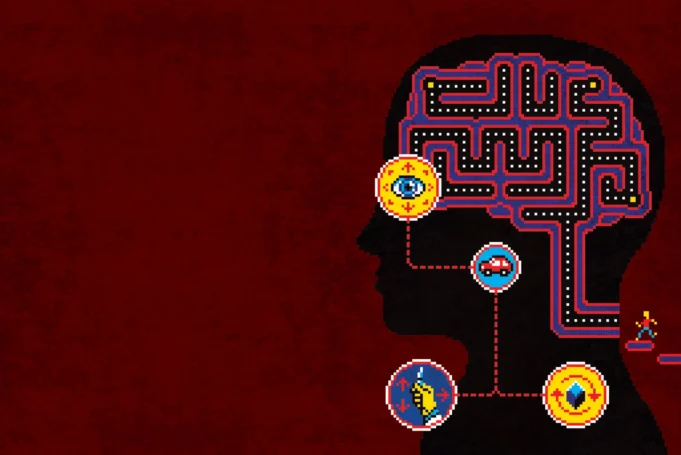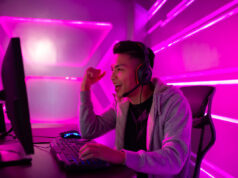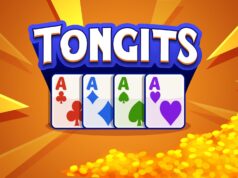In our fast-paced world, where split-second decisions can mean the difference between success and failure, having sharp reaction times is crucial. Whether you’re a professional athlete, a surgeon in the operating room, or just trying to navigate through the hustle and bustle of everyday life, reaction times play a pivotal role in your performance. One unconventional but increasingly popular way people are honing their reaction times is through shooting games. In this blog post, we’ll delve into the impact of shooting games on cognition, exploring the science behind it, its benefits, potential drawbacks, and how to strike a balance.
Introduction to the Impact of Shooting Games on Cognition
Video games have come a long way from being mere entertainment. Today, they’re recognized as tools for enhancing cognitive skills. Shooting games, in particular, have gained attention for their potential to boost reaction times and other mental abilities. These games simulate high-pressure scenarios where players must quickly identify targets and respond with precision. The intensity and demand for rapid decision-making in shooting games make them ideal candidates for mind enhancement.
Explanation of Reaction Times and Their Importance in Daily Life
Reaction time, defined as the interval between the presentation of a stimulus and the initiation of a response, is a fundamental aspect of cognitive function and is vital in countless real-world situations. From avoiding accidents while driving to excelling in sports, from making critical decisions in the workplace to staying safe in emergencies, reaction times are at the core of human performance. Even in fast-paced online gaming environments like Friv5Online, where split-second decisions determine victory or defeat, honing one’s reaction times becomes paramount.
The Role of Shooting Games in Enhancing Cognitive Abilities
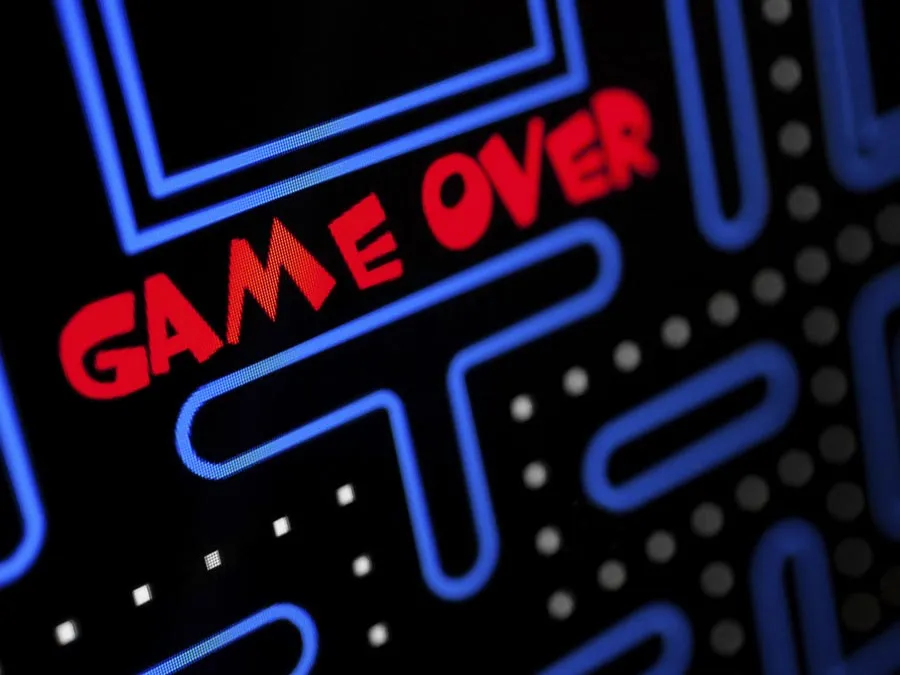
Because they present a special fusion of cognitive and physical obstacles, they are crucial for improving mental capacities. The dynamic landscapes in these games force players to digest a lot of visual information, make snap decisions, and use precise movements.
The intense and fast-paced nature stimulates various cognitive functions. Spatial awareness is sharpened as players navigate intricate virtual landscapes, identifying targets and anticipating enemy movements. Hand-eye coordination improves significantly, as players must align their visual perception with precise motor actions, such as aiming and shooting.
Moreover, these games foster multitasking abilities, as players must simultaneously monitor their surroundings, manage ammunition, and make strategic decisions. This cognitive workout not only enhances reaction times but also boosts problem-solving skills and adaptability. Overall, they provide a holistic mind training ground that can benefit various aspects of cognitive function.
Research Findings on the Link Between Gaming and Reaction Times
Extensive research has unveiled a compelling link between gaming and improved reaction times. Studies consistently demonstrate that regular engagement in games, such as first-person shooters (FPS) and action games, leads to tangible enhancements in a player’s ability to react swiftly to visual stimuli. One notable study published in the journal “Nature” found that gamers who played action games regularly exhibited improved visual attention, spatial cognition, and faster reaction times compared to non-gamers.
Neuroimaging studies have further shown that gaming can lead to structural changes in the brain, particularly in regions associated with mind control and attention. The brain adapts to the demands of the game, refining neural pathways associated with rapid decision-making. These findings underscore the potential of gaming as a tool for cognitive enhancement and provide compelling evidence for its positive impact on reaction times.
Different Types of Shooting Games and Their Cognitive Benefits
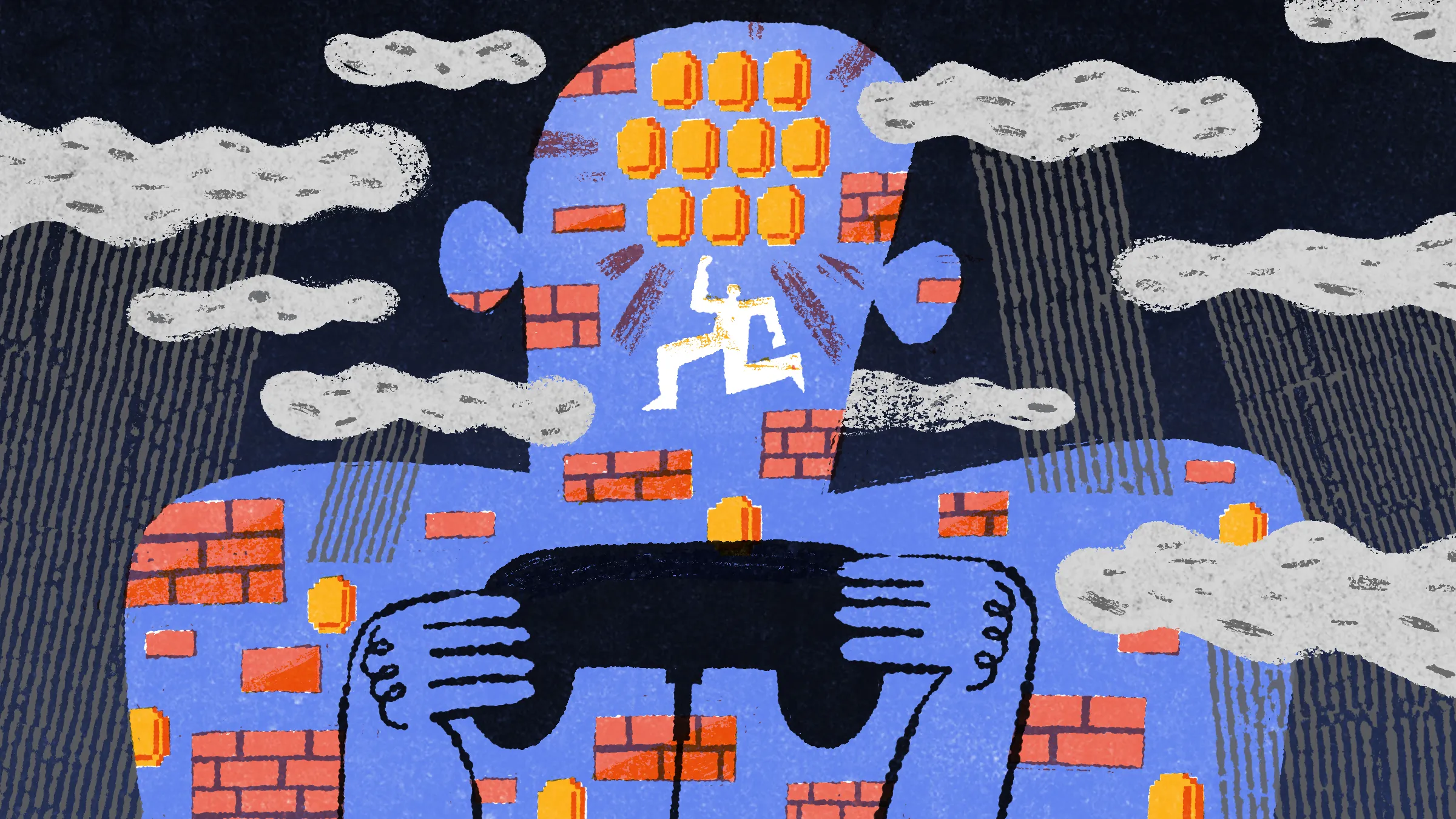
There are many different types, and each one has a special advantage. The emphasis on strategic thinking, coordination, and communication in tactical shooters like “Counter-Strike” encourages collaboration and decision-making abilities. Contrarily, quick-fire arcade-style shooters like “Call of Duty” emphasized reflexes, accuracy, and quick decisions, providing a challenging exercise for response times. Science fiction shooters like “Halo” expose gamers to fantastical settings while fostering innovative problem-solving and spatial awareness.
Simulation shooters like “ARMA” require meticulous attention to detail and realism, enhancing situational awareness and planning abilities. The variety in games ensures that players can choose experiences that align with their goals, making them a versatile tool for development.
How Shooting Games Stimulate Visual and Motor Skills
A keen visual sense is necessary for games. Accurate marksmanship and rapid target identification are required of players. Visual stimulation helps to develop observational abilities and may result in better vision. Furthermore, the requirement for accurate aim and quick trigger finger motion improves fine motor abilities.
Strategies for Maximizing Cognitive Gains While Gaming
To maximize the cognitive benefits it’s essential to approach gaming mindfully. Set specific goals, like improving accuracy or reducing reaction times. Engage in focused practice sessions, and gradually increase the difficulty level. Consistency is key; regular gaming sessions are more effective than occasional binges.
Potential Drawbacks and Concerns Associated with Gaming
While gaming offers cognitive benefits, it’s not without potential downsides. Excessive gaming can lead to addiction, disrupted sleep patterns, and reduced physical activity. It’s essential to strike a balance between gaming and other aspects of life to avoid these pitfalls.
Balancing Gaming with Other Activities for Cognitive Development
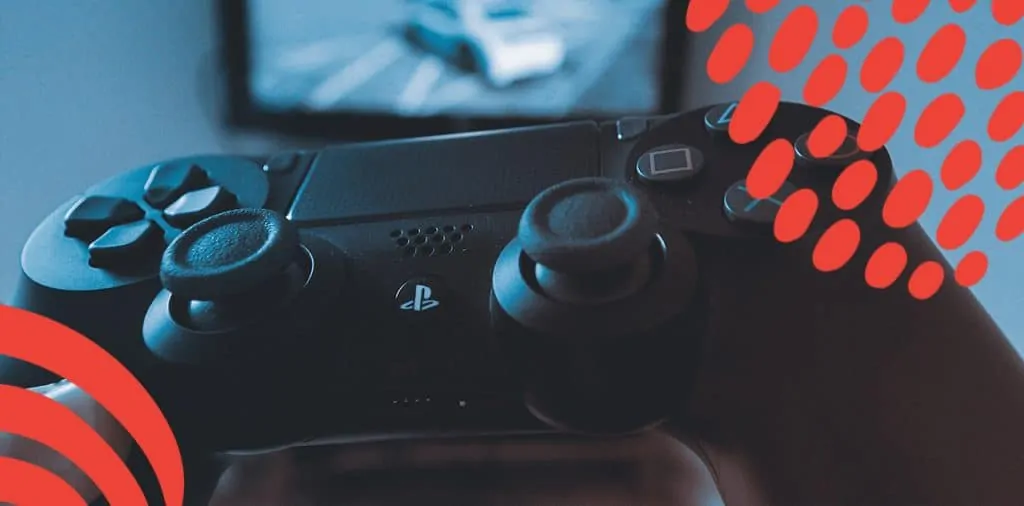
To achieve well-rounded cognitive development, it’s crucial to balance gaming with other activities. Engage in physical exercise, read books, solve puzzles, and socialize with friends and family. This diversity of experiences nurtures a broader range of skills.
Real-Life Applications of Improved Reaction Times from Gaming
The benefits of improved reaction times extend beyond the gaming realm. They can enhance your performance in various real-life scenarios. From improving your driving skills to excelling in fast-paced sports, quicker reactions can make you more competitive and safer in numerous situations.
Conclusion: The Future of Gaming and Cognitive Enhancement
As we look ahead, the relationship between gaming and cognitive enhancement will likely continue to evolve. Virtual reality (VR) and augmented reality (AR) technologies promise even more immersive and challenging experiences. The future holds exciting possibilities for using gaming as a tool to sharpen our abilities and enhance our everyday lives.
In summary, games have proven to be effective in enhancing reaction times and other skills. Their immersive nature and demand for rapid decision-making make them unique tools for development. However, it’s essential to approach gaming mindfully and strike a balance with other activities to reap the full benefits while avoiding potential drawbacks. As we embrace the future of gaming and technology, we can look forward to a world where our cognitive gains are triggered through the thrilling adventures of shooting games.

